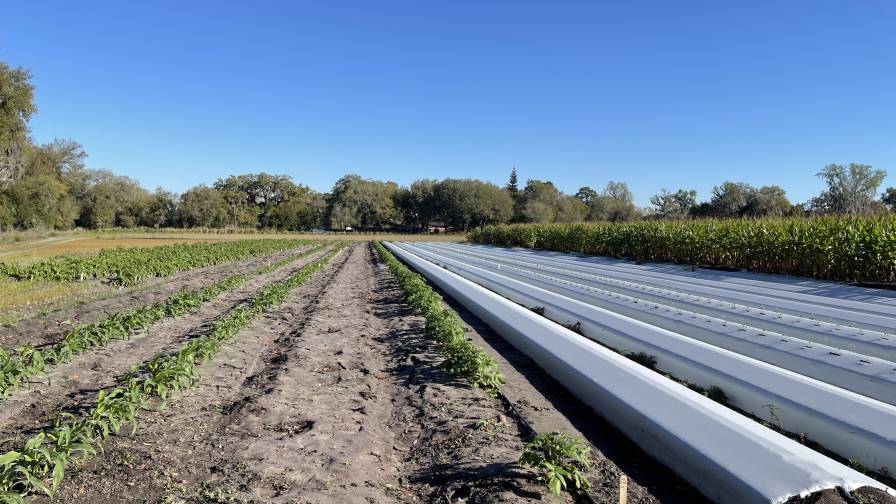Cullers Gets 100+ Yields In All Bean Fields
Kip Cullers of K&K Farms in Purdy, MO, impressed the agricultural world the previous two years by smashing soybean production records with yields of 139 bushels per acre in 2006 and 154 bushels per acre in 2007. In 2008, he didn’t break his own record yields, but accomplished another advancement by surpassing 100-bushel yields consistently across large fields, not just contest plots.
"I had an 85-acre irrigated field yield 103 bushels per acre and another 160-acre field make 106 bushels per acre," says Cullers. "We’re managing our non-contest fields a lot like our contest beans, which has boosted yields."
Cullers’ contest entry for the Missouri Soybean Association (MSA) yield contest — 117 bushels per acre with Pioneer brand 94B73 (Roundup Ready) soybean variety — was still enough to win the contest for the third year in a row. It was in the MSA contest that Cullers set and broke soybean yield records. Cullers continues to hold the world record for soybean yields with his 2007 yield of 154 bushels with Pioneer soybean variety 94M80 (Roundup Ready).
The 100-plus bushel, non-contest soybean fields, planted to Pioneer soybean variety 94B73 for seed production, were irrigated and yield averages include the non-irrigated corners. Test plots on Cullers’ farm for Pioneer Y Series soybeans also yielded more than 100 bushels per acre, even with less-than-ideal weather conditions to start the 2008 growing season.
"While world records are gratifying, averaging 100 bushels or better on the larger soybean production acreage is even more exciting," says Cullers. "It’s important to put the right genetics on the right field, and incorporating management practices across the board has helped us reach and maintain higher yields."
Cullers’ attention to detail and proactive management style helped him achieve his high yields. He monitors his fields closely to check for production challenges, such as disease and insects. Cullers says a good fungicide program is critical to growing quality crops, as are good genetics.
(Source: Pioneer Hi-Bred)






